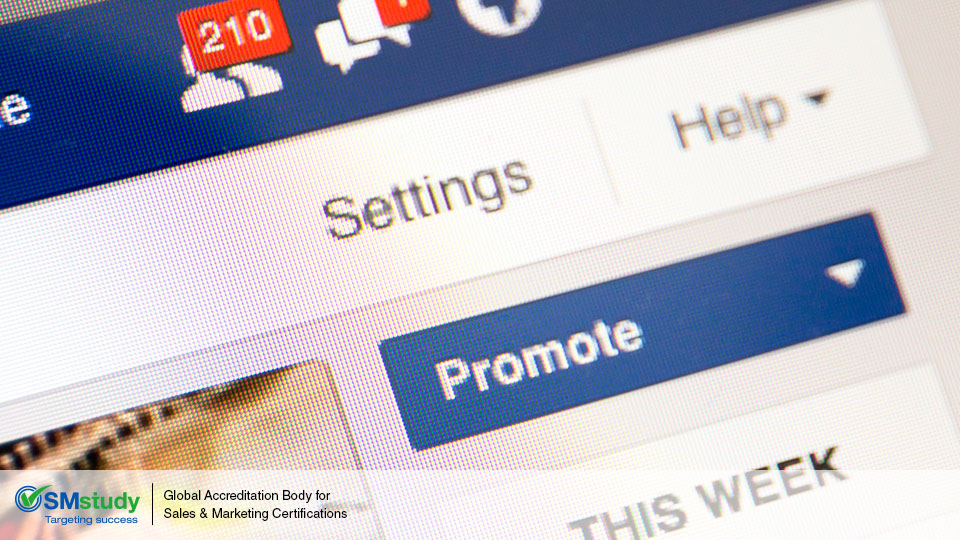After the Cambridge Analytics scandal, advertisers have threatened to leave Facebook. However, if we go back to the past and see similar instances involving YouTube, we know that advertisers are not going anywhere as long as Facebook is delivering results.
The Cambridge Analytica scandal has surely left a dent on Facebook. The backlash was quite evident because the share prices of Facebook fell 14 per cent in a week. Brands like Mozilla and Commerzbank suspended their campaigns. ISBA which represents around 3000 brands, including brands such as P&G and Unilever, also expressed their disappointment.
We are not sure how the investors or regulators will react but one thing we are certain about is that advertisers are not leaving Facebook anytime soon. Brands have seen the success of Facebook ads and they won’t leave Facebook over this scandal in totality.
In 2017, Google accepted that hate mongers and extremists were enrolled in its partner program, and that ads by the advertisers were being shown on such channels. The revenue sharing of YouTube meant that YouTube was in a way funding the extremists such as ISIS through their program and advertisers were unhappy about their ads being displayed on such type of content.
Google’s share price fell by almost 5% despite YouTube contributing only 10% of its total revenue. Regulators grilled Google and issued show cause notices to Google. Google had to provide an explanation in the House of Commons on how to fix this problem. More than 250 brands including brands such as like L’Oréal, McDonalds, and Audi suspended their ads and Google lost millions.
Despite this big setback, YouTube got back and put its act together and recovered rather quick. “We can do a better job”, the company announced. Engineers were assigned to create better filters to ensure such content doesn’t get shown on YouTube and even if it does, the ads are not featured on those videos. Within four days of the scandal, Google ensured advertisers and users about the expanded safeguards for advertisers, and advertisers were happy with this response because they needed a political cover which was effectively given by YouTube. Brands never wanted to stop their ads from running on Google. Within a couple of weeks, the earnings were better than expected for Google, which clearly showed it had bounced back.
Similarly, brands don’t want to stop buying Facebook ads. Mark Zuckerberg’s response to Cambridge Analyitca scandals sound similar to that of YouTube “We made mistakes” and “There’s more to do” and like when it happened during the YouTube scandal, the brands are already using this political cover to continue their association with Facebook. The ISBA which had vehemently protested against Facebook during the fallout announced they had a constructive meeting and welcomed the steps taken by Facebook. It doesn’t look like Facebook will be affected by this scandal.
The only two probable reasons why brands would leave Facebook would primarily be:
- Users leaving Facebook for other platform - If this happens the advertisers will leave along with the users. However despite all the chants over #deletefacebook, Facebook subscriptions weren’t affected mush and are continuing to grow.
- Regulations that would affect the practicality of the model - Earlier when brands complained of their ads not reaching targeted audience effectively, Facebook fixed it by providing advertisers multiple targeting options through which they can target the ads in a more effective manner.
So unless there is a large scale user exodus happening at Facebook, chances of advertisers leaving Facebook look slim.

